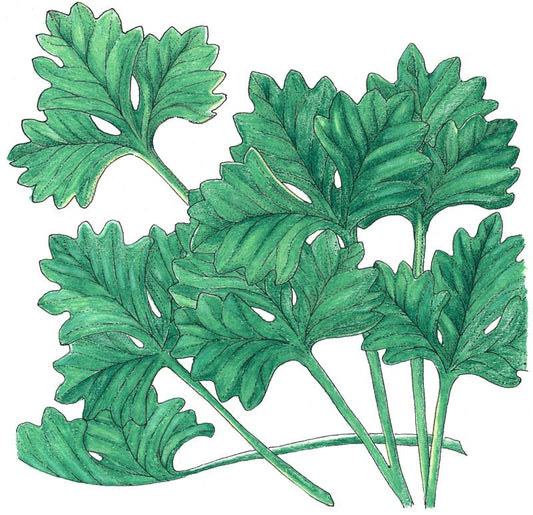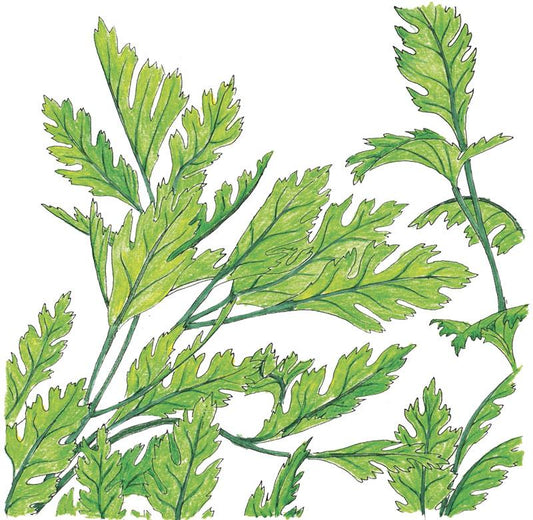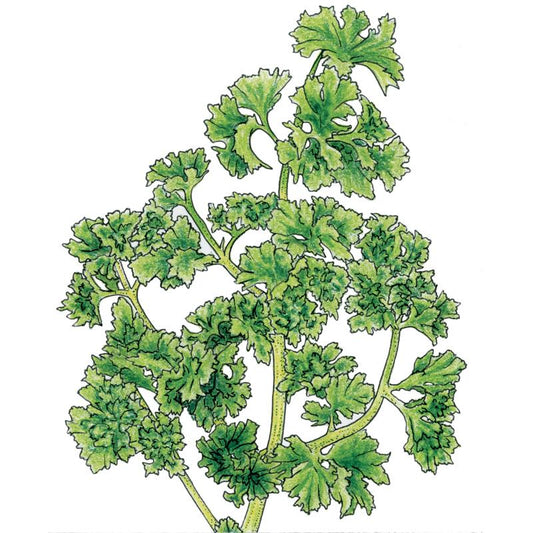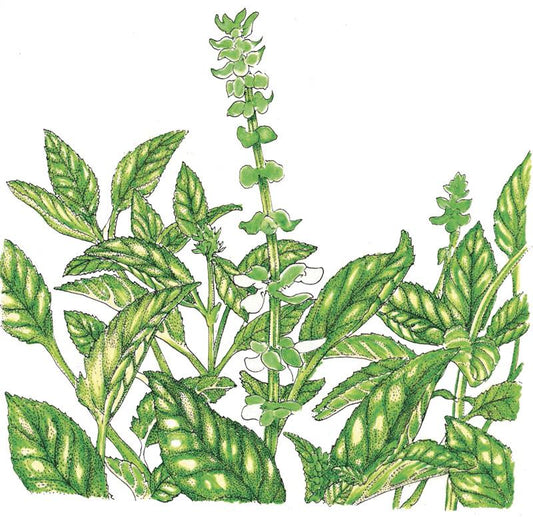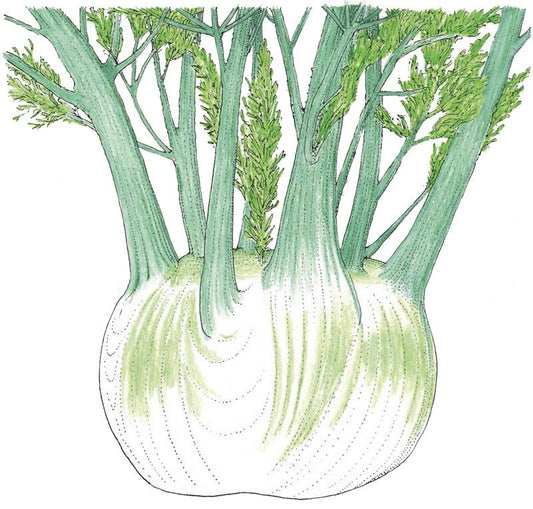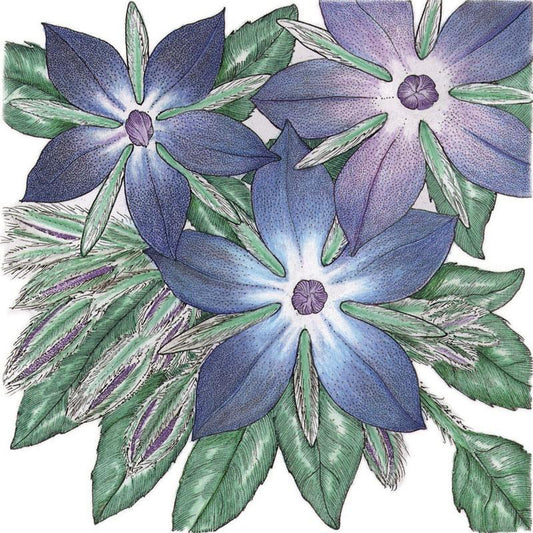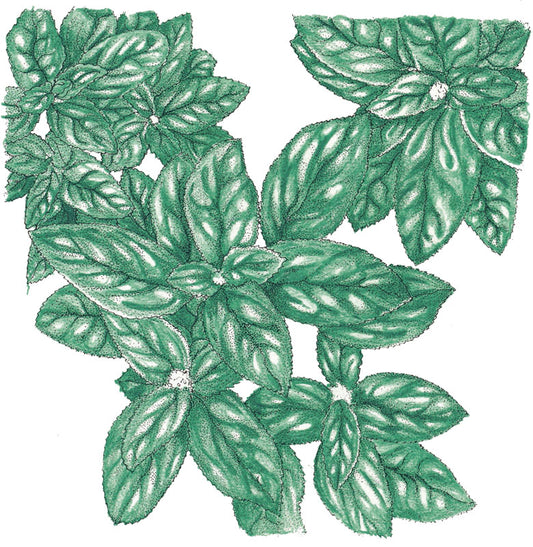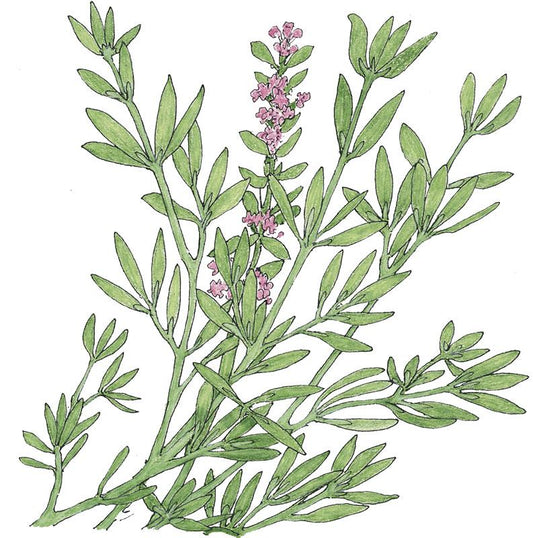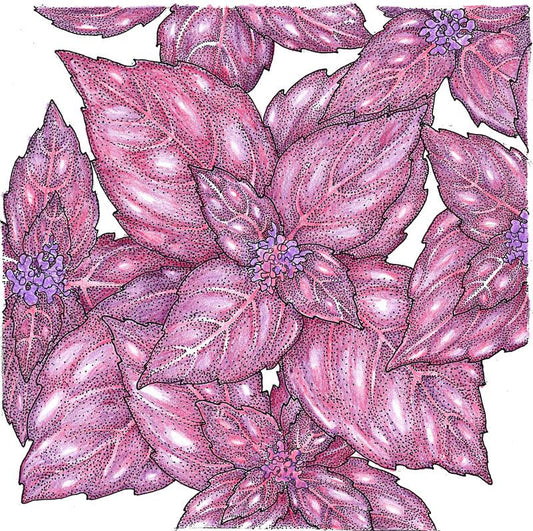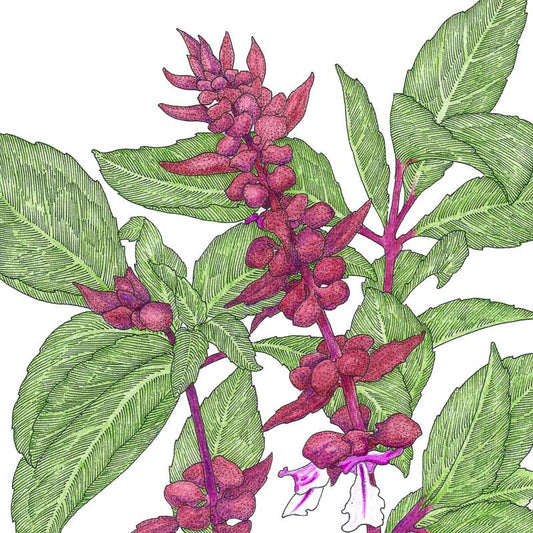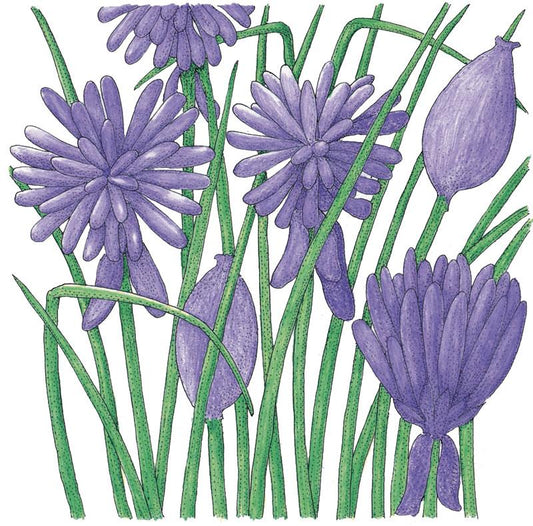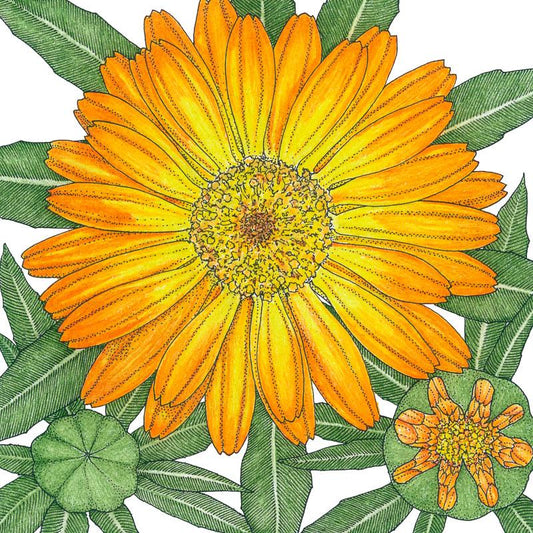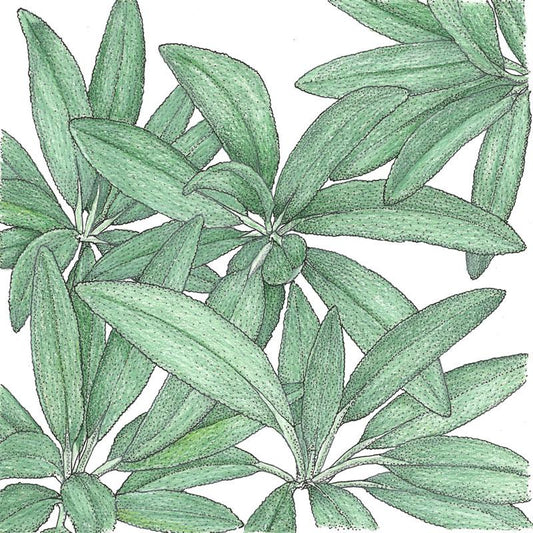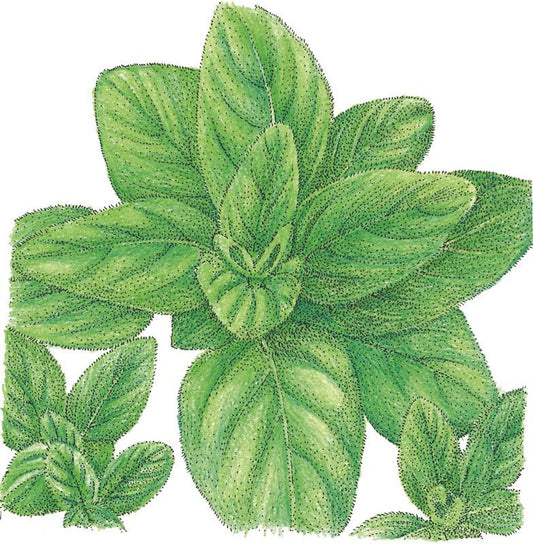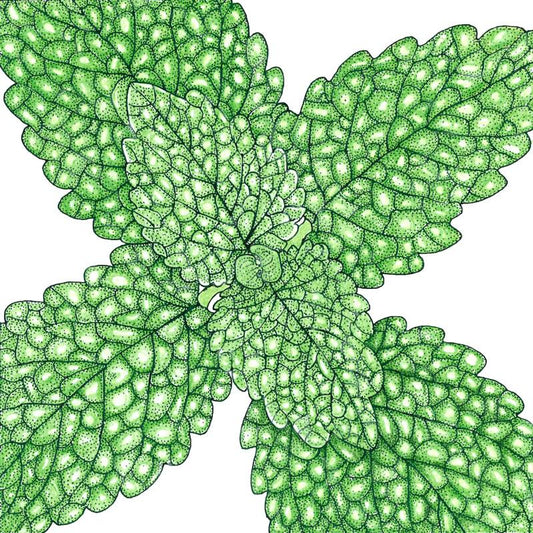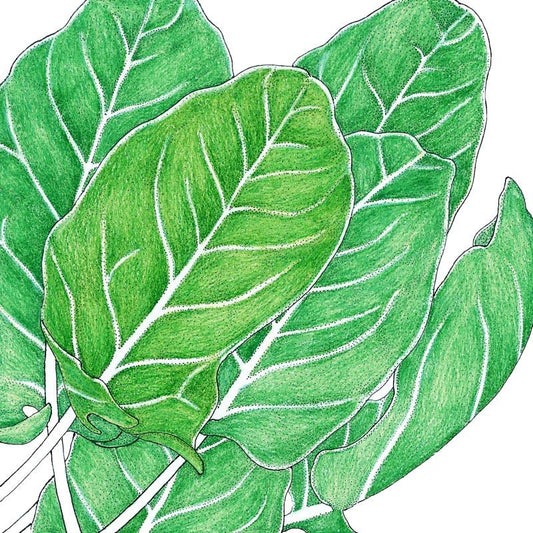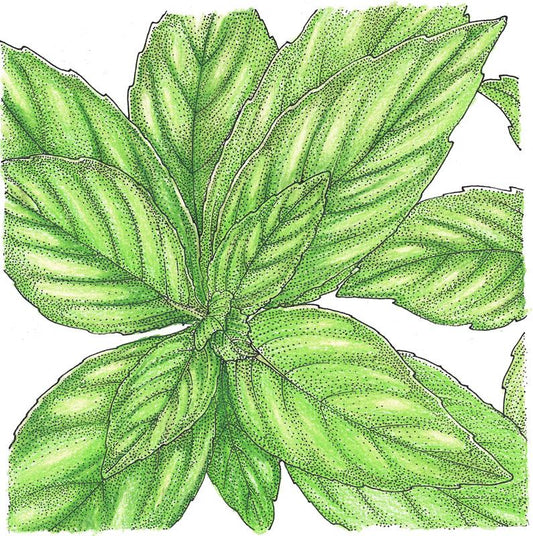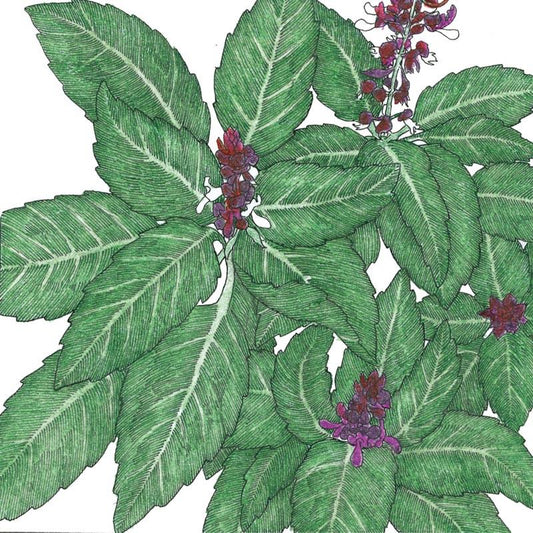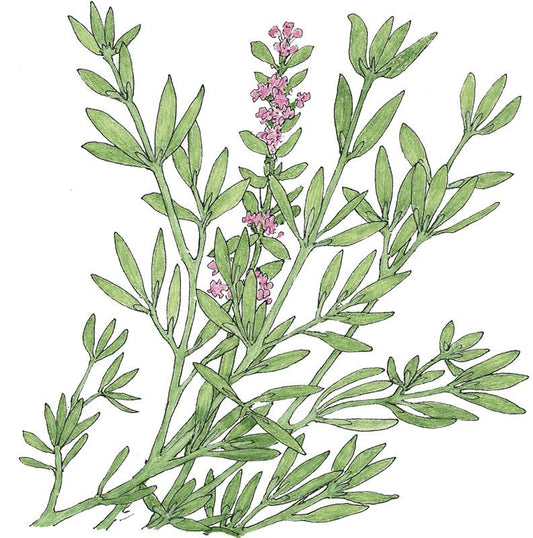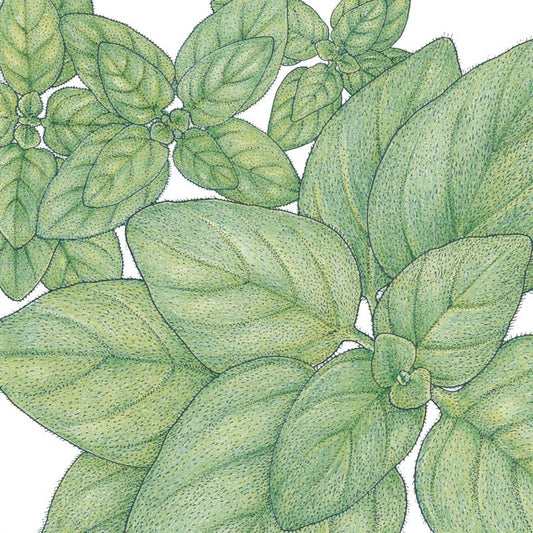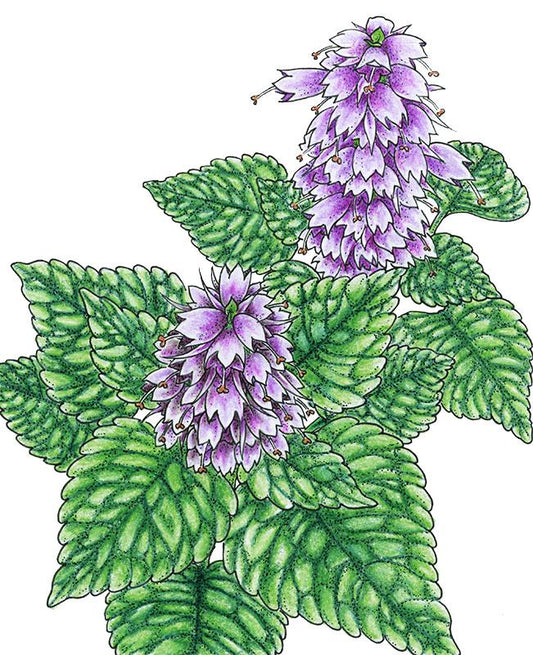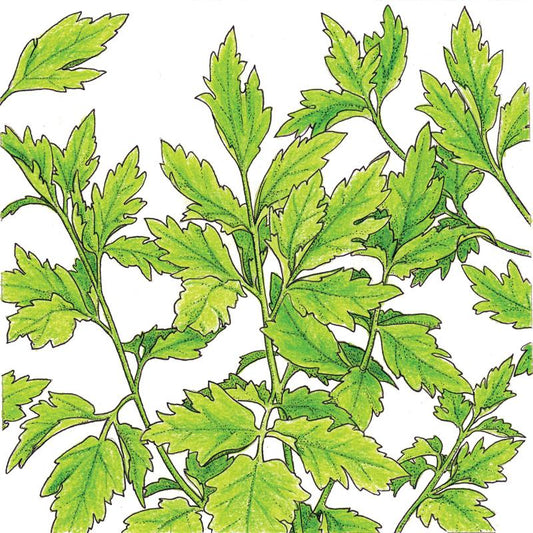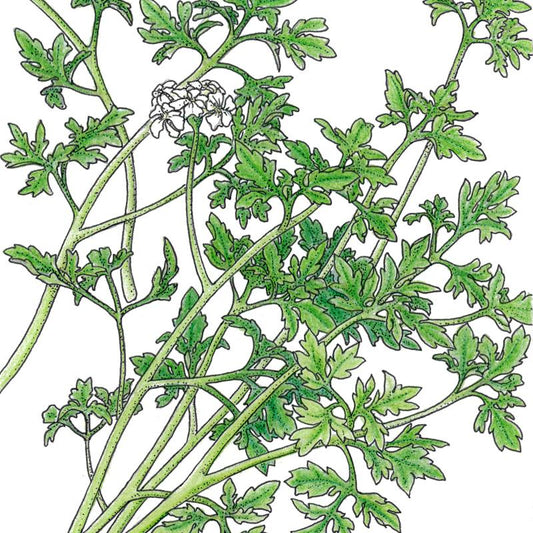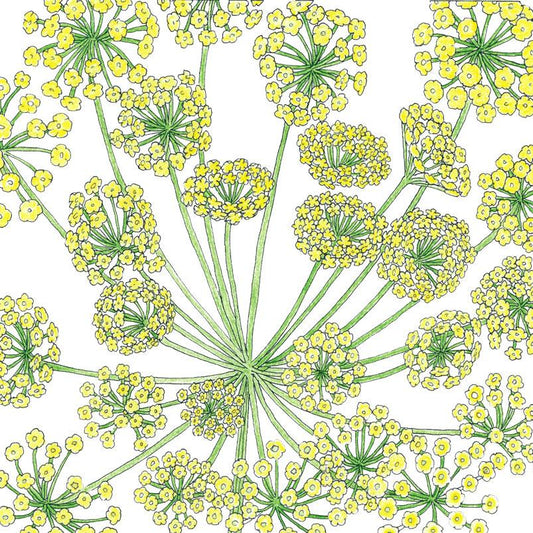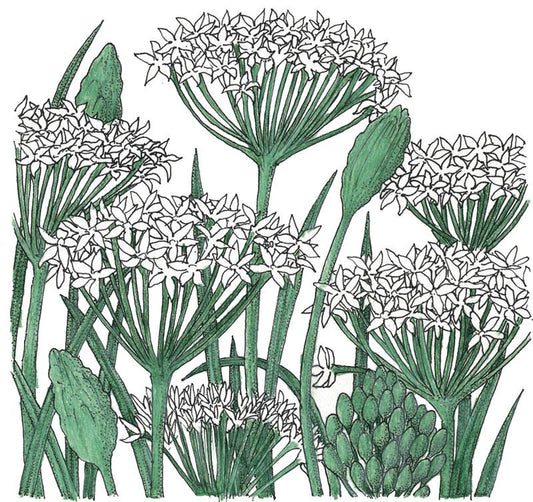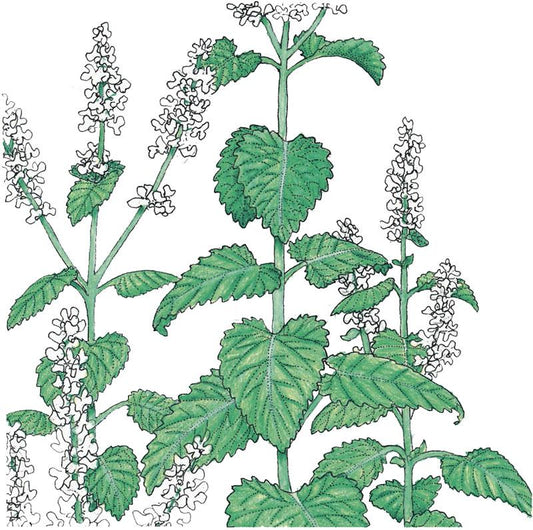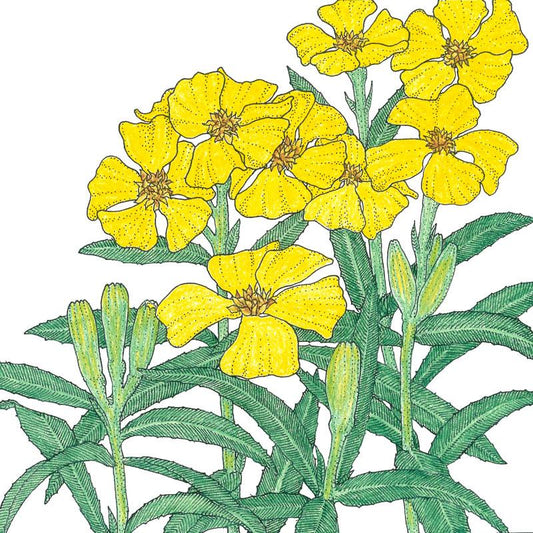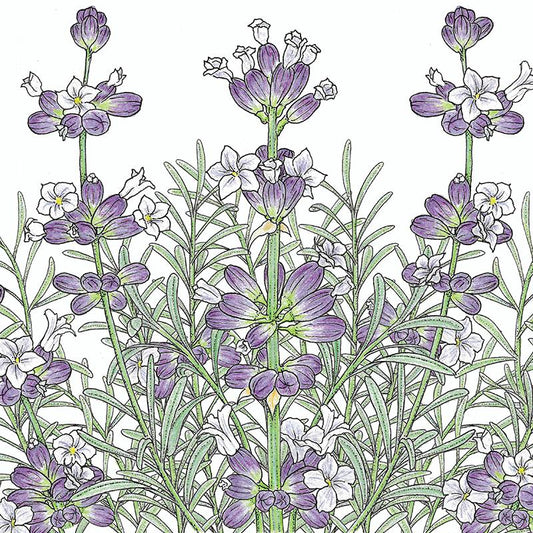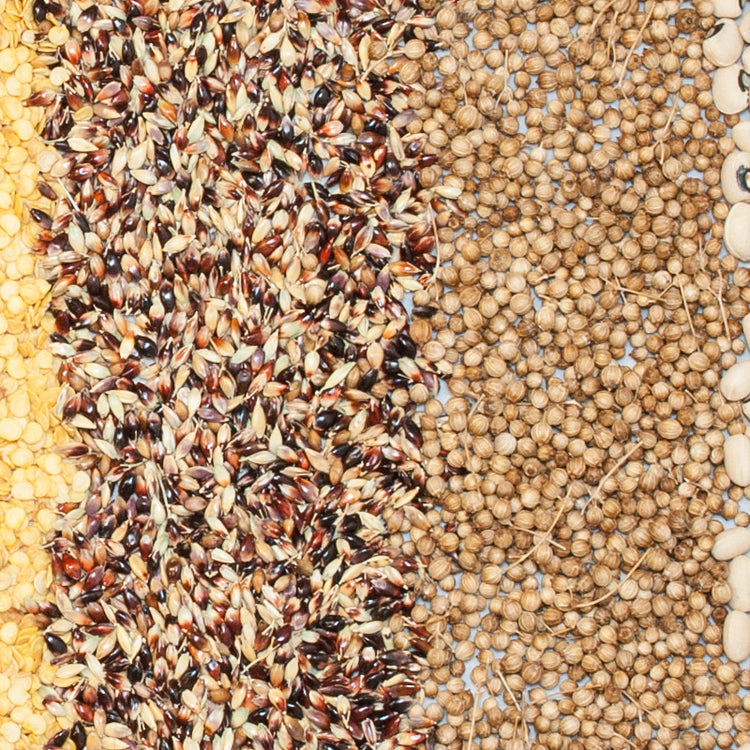Collection: Bulk Organic Herb Seeds
Bulk Herb Seeds: A Gardener's Guide
Whether you're an experienced gardener or just starting out, bulk herb seeds can be a valuable addition to your garden. Herbs are not only flavorful and aromatic but also offer a range of health benefits. This guide will explore the benefits of bulk herb seeds, the variety of herbs available in bulk, and tips for successfully growing them in your garden.
Why Choose Bulk Herb Seeds
-
Cost-Effective: Buying bulk herb seeds is a cost-effective way to expand your herb garden. Purchasing herbs in larger quantities often means lower prices per seed, saving you money in the long run.
-
Abundance: Bulk herb seeds provide abundant options, allowing you to grow a wide variety of herbs that you can use for culinary, medicinal, or cosmetic purposes.
-
Self-Sufficiency: Growing your herbs from bulk seeds promotes self-sufficiency. You can harvest fresh herbs whenever you need them, reducing the need for store-bought herbs with potentially harmful pesticides or chemicals.
Varieties of Bulk Herb Seeds
-
Culinary Herbs:
-
Basil (Ocimum basilicum): Known for its sweet aroma and versatility in various dishes, basil is a must-have herb for any garden. It comes in different varieties, including Genovese, Thai, and Lemon basil.
-
Parsley (Petroselinum crispum): This biennial herb is a staple in many culinary recipes, adding a fresh, earthy flavor to dishes.
-
Cilantro (Coriandrum sativum): Popular in Mexican and Asian cuisines, cilantro offers a distinct citrusy flavor and is a key ingredient in salsa and guacamole.
-
Medicinal Herbs:
-
Lavender (Lavandula angustifolia): Lavender is prized for its calming properties and is used in aromatherapy, herbal teas, and homemade skincare products.
-
Echinacea (Echinacea purpurea): Known for its immune-boosting properties, echinacea is often used in herbal remedies to alleviate cold and flu symptoms.
-
Chamomile (Matricaria chamomilla): Chamomile is renowned for its soothing properties, commonly used in herbal teas to promote relaxation and relieve digestive discomfort.
-
Herbs for Natural Pest Control:
-
Mint (Mentha spp.): Mint varieties like peppermint and spearmint add flavor to beverages and desserts and deter pests like ants and flies from invading your garden.
-
Rosemary (Rosmarinus officinalis): Rosemary's aromatic fragrance can help repel insects and is a versatile herb used in cooking and for medicinal purposes.
-
Marigold (Tagetes spp.): Marigolds release natural chemicals that deter common garden pests, making them a valuable addition to your herb garden.
Tips for Growing Bulk Herb Seeds
-
Select the Right Location: Most herbs prefer well-drained soil and plenty of sunlight. Ensure your herb garden receives at least 6-8 hours of sunlight daily.
-
Proper Spacing: Follow the recommended spacing guidelines for each herb to allow for adequate air circulation and prevent overcrowding.
-
Watering: Herbs generally prefer moderate and consistent watering. Be mindful not to overwater, as herbs dislike waterlogged soil.
-
Harvesting: Harvest herbs in the morning when their essential oils are at their peak. Use sharp scissors or pruning shears to cut the leaves or stems, promoting healthy growth.
-
Storage: To preserve the flavor and aroma of your herbs, dry or freeze them for later use. Store dried herbs in airtight containers in a cool, dark place.
Bulk herb seeds offer a cost-effective and versatile way to enhance your garden and culinary experiences. Whether you're a passionate cook, herbal enthusiast, or looking to add natural pest control to your garden, a wide array of herbs are available in bulk to suit your needs. By following proper care and cultivation practices, you can enjoy a bountiful harvest of fresh, aromatic herbs year-round, all from the convenience of your own garden.



